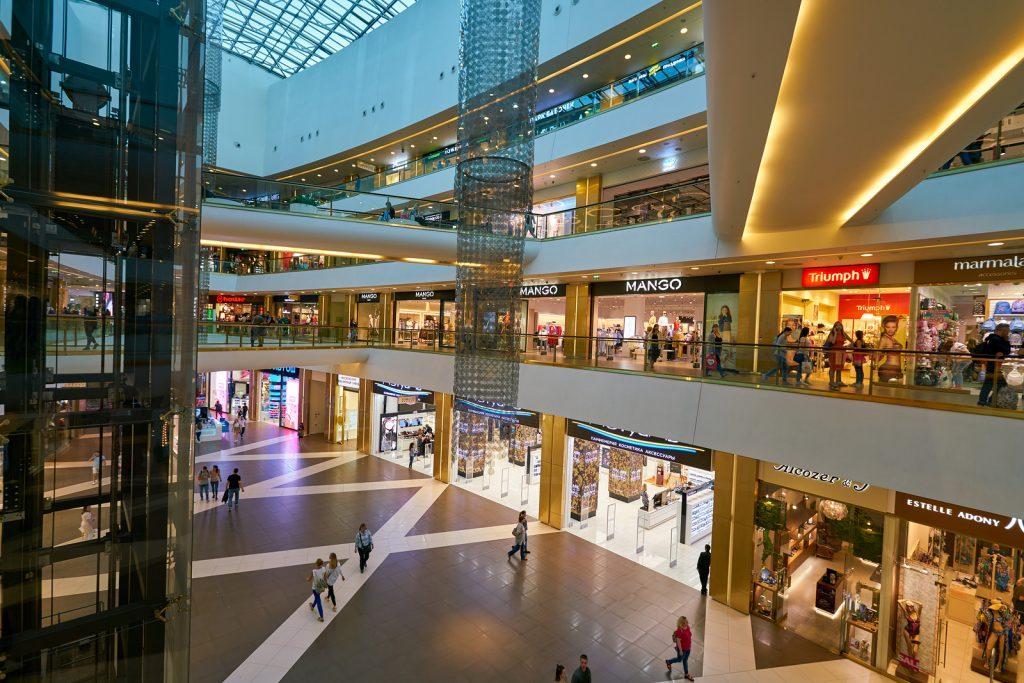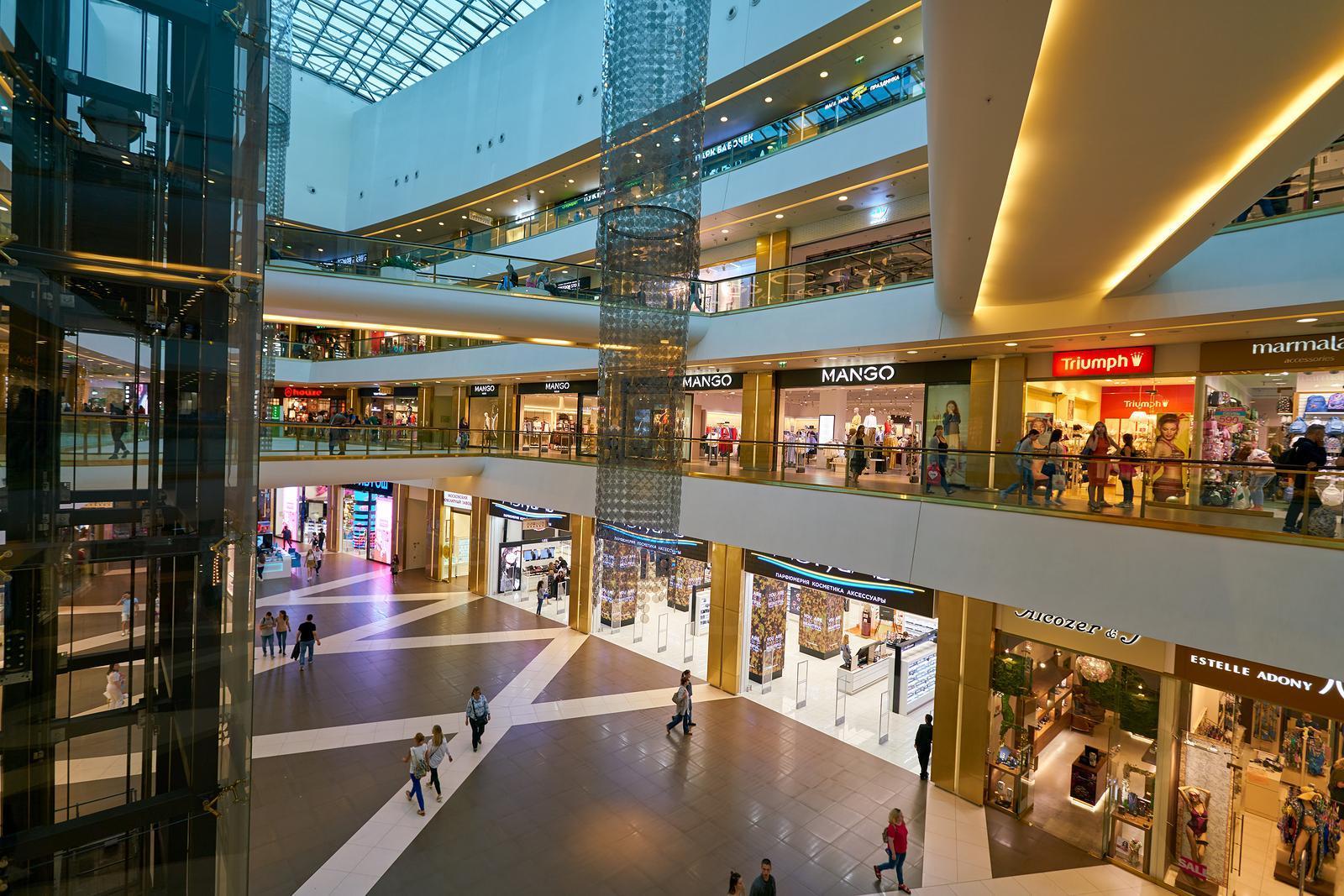With start-ups infamously known for their high failure rate, it’s essential for budding entrepreneurs such as yourself, to start off on the right foot, when building an empire.
And of course, there are copious factors for you to consider from the offset, a checklist that includes: having a business plan, employing a team of capable candidates, being financially, ‘set’ and ensuring your product has a purpose. Albeit, there’s one element that often gets overlooked during the start-up process and that is your business’ location.
But why would you need to worry about your place of residence, when your working day takes place mainly online and via third party outlets?
Well, perhaps your business’ dwelling may not be a huge consideration to begin with during the early stages, but as your company grows, and the demand for your product increases, planting your roots in a suitable location, can be often, make or break for business.
Place is one of the foundational four P’s in marketing, a fundamental element to consider when promoting a service or product. And considering it’s the most permanent business fixture, ironically, you’d be surprised by how many business owners overlook a location as non-important.
Passing trade
How many times have you been cajoled into a store, enticed by pleasant customer service and enigmatic décor?
By only advertising your business online, your business fails to capture potential sales through passing trade. This means that you miss out on consumers who stumble upon your brand by chance, whilst browsing locally. This kind of trade is effective, and differs from online marketing where cost is needed – due to Facebook and Instagram’s relentless algorithms – to be seen.
Is your business in the right location?
Are you in a city that is beneficial to your business? PaymentSense have defined the top five cities to start up as business as: Aberdeen, Bath, Brighton & Hove, Leicester and Edinburgh.
Are you in the right area? High-street locations that are surrounded by amenities, good public transport links and subject to high-foot traffic have been cited as the most desirable places to make your mark.
However, with competitors being situated nearby, and financial costs to consider, starting up a business in the most favourable spec, doesn’t work for everyone.
Be strategic with your spec
If your marketing strategy is making waves, your branding is ‘on fleek’ and your online, in-store incentives are in place, consumers will seek out your store, even if you’re not situated in a red-hot location – as for some, that’s part of the appeal.
Guy Moreve, Chief Marketing Officer of PaymentSense, said: “It’s all about getting the right balance,” “You need to find somewhere that fits in with your target demographic, but is also sustainable for you.”
Many shoppers (particularly the alternative Generation Z’s) prefer ‘a hidden gem’ that they can locate from being ‘in the know’, a bespoke offering; a local business. This controversial location strategy can cause businesses to effectively flourish, benefiting from lower rent costs – from being off the beaten track – a loyal customer-base, and a high foot-flow; cha ching.
However, to keep this strategy up, marketing must be consistent and powerful, in order to grow. Attracting and engaging with locals is great, but your business must expand beyond its physical borders to keep above water. And – what better way to do that, than via the World Wide Web?
Additionally, it is important to place your business in a location that is congruent with your business – for instance, if you’ve a costly offering, situated in a less than affluent area, this may be the reason why you’re missing out on converting local audiences.
Moreover, invaluable partnerships can be made by simply being in the right spot at the right time. For if your business is positioned near akin, reputable services, this can sometimes work in your favour, similar to Silicon Valley.
Being surrounded amidst successful competitors could turn your business into a cutting-edge hub, whereby your business is associated with likewise innovators in the industry. However, it’s unlikely. Be aware of surrounding your firm with alike businesses, unless they add value to offering, otherwise, you may be deemed as second best to the rest.
Marketing + business location = dream duo
The combination of an effective marketing strategy paired with a physical brick-and-mortar store is evidently, a successful amalgamation, proven by various multi-billion- pound brands across the years. Even some of the biggest e-commerce players in the digital world are beginning to set up shop, with Amazon recently opening a physical store in Seattle. And despite the looming demise of the high-street there are various benefits and evidence to support the necessity of having a physical outlet – see below:
Why set up shop?
Branding instore, is the future; with a colossal amount of online brands competing online, the only way in which your business can offer something more personal and diverse for competitors is via user experience. And what better way to drive consumers to your brand then via your place of residence.
Of course, you always have the option of setting up a mobile business so you can go to the customer. Having a tangible space, whether it’s permanent bricks and mortar or on wheels helps you to deliver events, offer interactive experiences for consumers and give away free services / samples to generate hype and revenue. Additionally, you can market off your in-store happenings too. Followers love to see ‘live’ feeds from exclusive events, where consumers can check in, tag your brand and market your products for you via their social platforms.
And even offline, businesses still pick up a vast amount of sales to their online site. By explaining your services face-to-face, you can effectively engage with consumers and convert their interests. Simply offer a helping hand to seal the deal, by guiding consumers through the checkout process via your online site, instore. Not only is this technique a great way of showcasing excellent customer service, but you also get to promote your intuitive website, and reap the financial rewards.
Consumers dependent on in-store services
Popular activities such as showrooming and web rooming are evidence that consumers need a physical store as part of their buying process. Whether consumers are browsing instore first, before purchasing a service online, or vice-versa, analysis of consumer behavioural habits, proves that consumers still highly depend on an in-store experience to purchase their goods.
Additionally, not all consumers can adapt or prefer technological methods, opting for offline alternatives, especially when purchasing an expensive service / offering. This means if you’re solely operating online, you’re missing out on a large chunk of consumers, who may use online methods, but may favour visiting a physical shop when making a big financial decision.
Moreover, there’ll always be consumers after a one-to-one service, disgruntled by instant chat or telephone services. And if your business fails to offer an alternative, this could be the reason why your consumers hop over to the competition.
Find more help and support for your London-based business in our information centre.





Leave a Reply